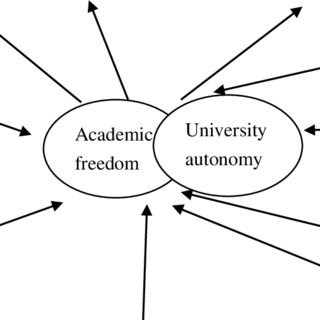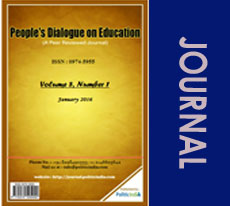Reimagining Guru Shishya Parmpara
- Post By PoliticIndia.com on
- 21/Jul/2024

Khagendra Kumar
The guru-shishya parampara (teacher-student tradition) has long been revered in various cultures, particularly in India, as a profound and respectful relationship where the guru imparts wisdom and the shishya (student) receives it with humility. However, mere reverence and uncritical respect for the teacher are insufficient for true learning and growth. Instead, it advocates for an educational dynamic where questioning is encouraged from both sides to foster mutual trust, creativity, and the expansion of knowledge.
There is great importance of respect in the guru-shishya relationship but emphasizes that respect alone does not build trust. Blind reverence can lead to a lack of genuine understanding and hinder intellectual growth. When students feel discouraged from asking questions, it stifles their curiosity and prevents them from engaging deeply with the material.
Trust is established when both teachers and students feel free to question and discuss ideas openly. This environment of open inquiry allows for deeper understanding and respect based on intellectual engagement rather than mere traditional deference. Teachers who welcome questions demonstrate confidence in their knowledge and a commitment to their students' learning.
An educational system that discourages questioning risks becoming stagnant. Creativity and innovation are driven by curiosity and the desire to explore beyond established knowledge. When students are encouraged to question, they develop critical thinking skills and are more likely to contribute original ideas.
The true essence of the guru-shishya tradition is found in the pursuit of infinite knowledge. This pursuit is only possible in an environment where questions are welcomed and explored. A culture that suppresses questioning will inevitably see a decline in the quality and breadth of knowledge produced.
A teacher's role is not just to impart knowledge but to inspire and guide students in their quest for understanding. A teacher who discourages questions might appear to hold authority but ultimately fails in their educational mission. Conversely, teachers who encourage questions demonstrate their commitment to their students' intellectual growth.
For the guru-shishya tradition to truly flourish, the educational system must be reformed to prioritize questioning and critical thinking. This reform requires a cultural shift where both teachers and students see questioning as a sign of respect and a pathway to deeper knowledge.
In summary, there is a need for reimagining of guru-shishya tradition where questioning is seen as integral to learning and teaching. By fostering an environment of open inquiry, mutual trust is built, creativity is nurtured, and knowledge continues to grow. This approach ensures that the tradition remains dynamic and relevant, fulfilling its true purpose in the modern educational context.





